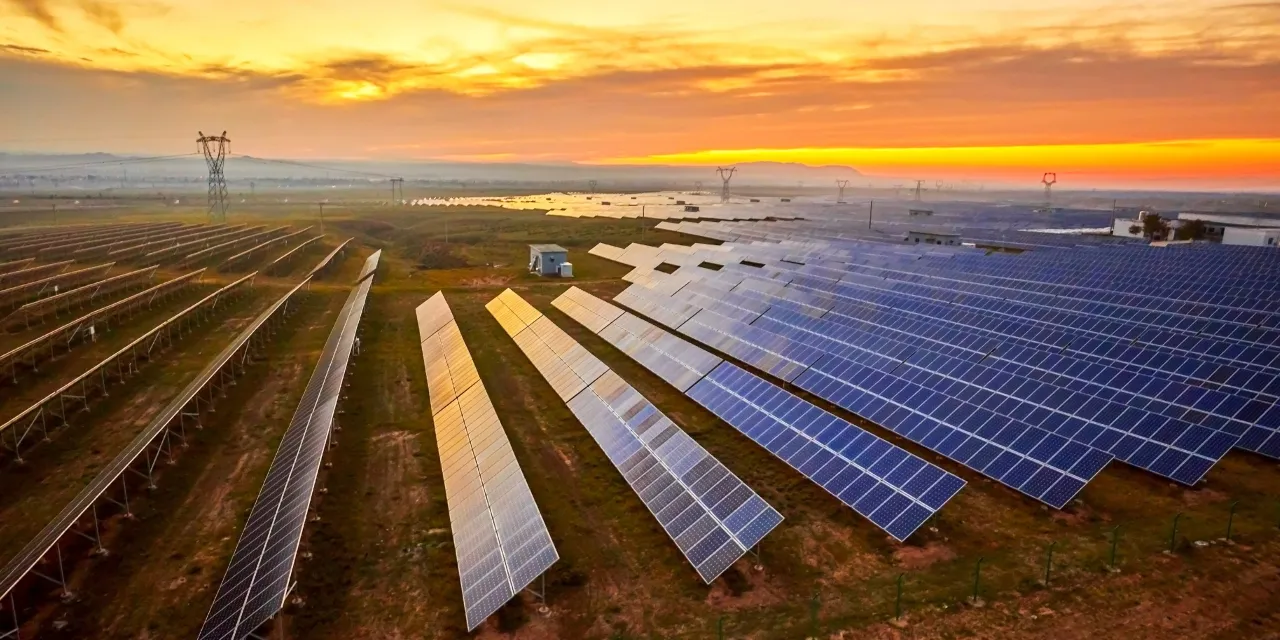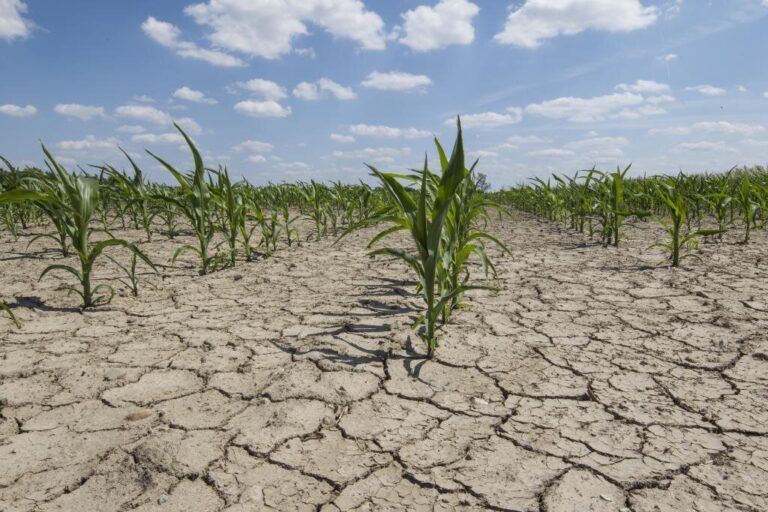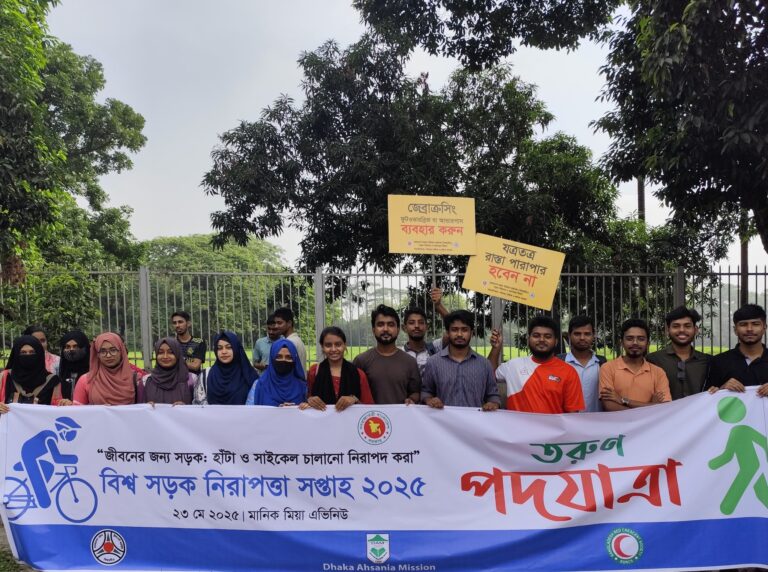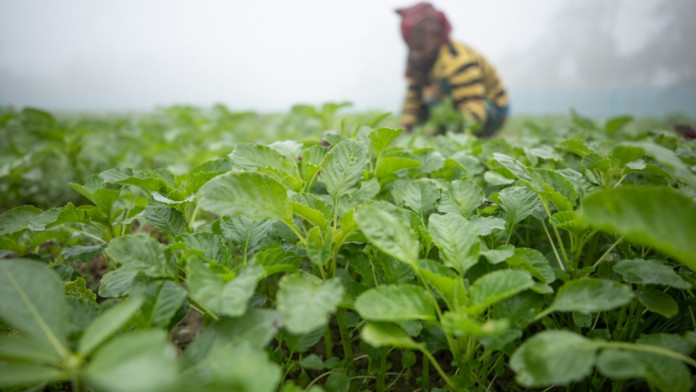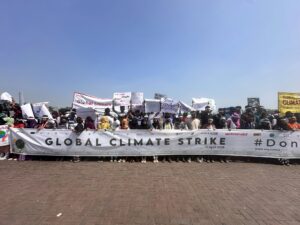Bangladesh, a country striving for economic progress and social development, has made remarkable achievements over the past decades in reducing poverty and increasing access to basic services. However, access to reliable electricity remains a major challenge in rural areas. Despite government-led electrification efforts, many remote villages are still beyond the reach of the national power grid. In this context, solar energy has emerged as a transformative solution, offering clean, affordable, and decentralized power to rural communities.
This article examines the scope, impact, and challenges of solar energy initiatives in rural Bangladesh, with a particular focus on the role of government policies, NGOs, private enterprises, and international development partners.
The Need for Renewable Energy in Rural Areas
According to the Bangladesh Bureau of Statistics, approximately 20% of the rural population still lacks access to electricity. Even in electrified areas, power supply is often unreliable, marked by frequent load shedding. For rural households, small businesses, schools, and healthcare centres, this energy deficit directly affects quality of life and development opportunities.
Solar energy offers a practical solution to these challenges. It harnesses Bangladesh’s abundant sunlight and provides an environmentally friendly alternative to diesel generators and kerosene lamps. In doing so, it reduces carbon emissions, improves health outcomes, and supports rural livelihoods.
Government Policies and Programmes
The Government of Bangladesh has recognised the importance of renewable energy in achieving sustainable development. The Renewable Energy Policy of 2008 set a target of generating 10% of the country’s electricity from renewable sources by 2020. While the target has not been fully met, the policy laid a strong foundation for solar energy initiatives.
A landmark government programme in this regard is the “Solar Home System (SHS)” initiative implemented by the Infrastructure Development Company Limited (IDCOL). With support from the World Bank, the Asian Development Bank, and other development partners, IDCOL has installed more than 4.1 million solar home systems across the country, benefiting over 20 million people. This makes Bangladesh one of the global leaders in solar home installations.
These systems typically consist of a solar panel, battery, charge controller, and light bulbs, and they power basic appliances such as lights, fans, and mobile phone chargers. By replacing kerosene lamps, SHSs reduce indoor air pollution and lower energy costs for rural households.
Role of NGOs and Private Sector
The success of solar energy in rural Bangladesh owes much to the collaboration between government agencies, NGOs, and the private sector. NGOs like Grameen Shakti, BRAC, and Rahimafrooz Renewable Energy Ltd. have played a crucial role in popularising solar power in remote communities.
Grameen Shakti, for example, has installed more than 1.8 million solar home systems and trained thousands of local technicians, especially women, in system maintenance and repair. This has created employment opportunities and helped build technical capacity at the grassroots level.
The private sector has also been instrumental in driving innovation and investment. Many companies offer pay-as-you-go solar systems, where users pay small instalments using mobile banking. This has made solar technology more accessible to low-income households.
Impact on Rural Communities
Solar energy has had a transformative effect on rural life in Bangladesh. Some of the most notable benefits include:
Improved Education: Children can study at night under electric light, leading to better academic performance and reduced dropout rates.
Healthcare Access: Solar power has enabled rural clinics to operate essential medical equipment and store vaccines in refrigerators.
Income Generation: Farmers use solar-powered pumps for irrigation, while entrepreneurs run small shops, mobile phone charging stations, and cottage industries.
Environmental Benefits: Replacing kerosene lamps with solar lights has led to significant reductions in carbon emissions and improved indoor air quality.
Women Empowerment: Women involved in solar enterprises have gained financial independence and social recognition.
Challenges and Limitations
Despite its success, the expansion of solar energy in rural Bangladesh faces several challenges:
Affordability: The initial cost of solar systems remains a barrier for many poor households, despite financing options.
Technical Issues: Poor-quality components, lack of maintenance, and limited technical knowledge can reduce system efficiency.
Policy Gaps: There is a need for updated regulations, quality standards, and incentives to attract private investment.
Grid Expansion: As the national grid expands, some rural households may shift from solar to grid power, raising concerns about the long-term sustainability of off-grid solar programmes.
Emerging Innovations
To address these challenges, stakeholders are exploring innovative approaches. Community solar mini-grids are being developed to power entire villages, schools, and markets. These mini-grids offer higher capacity than individual SHSs and can support productive uses of electricity.
Moreover, solar irrigation systems are gaining popularity, especially in regions where water access is critical for agriculture. These systems reduce dependency on diesel pumps, lowering operational costs and enhancing environmental sustainability.
Technological improvements, such as energy-efficient appliances and advanced battery storage, are also enhancing the performance and appeal of solar systems.
International Support and Partnerships
Bangladesh’s solar energy initiatives have received considerable international support. Development partners such as the World Bank, GIZ, USAID, and the UNDP have provided financial assistance, technical expertise, and policy guidance.
These partnerships have not only funded large-scale installations but also contributed to capacity building, research, and innovation. Through such collaborations, Bangladesh has become a model for other developing countries in adopting solar energy solutions.
Future Prospects and Recommendations
As Bangladesh aims to become a middle-income country and meet its climate commitments under the Paris Agreement, renewable energy will play an increasingly important role. To maximise the benefits of solar energy in rural areas, the following steps are recommended:
- Expand Mini-Grids: Invest in community-based solar mini-grids to power local enterprises and public services.
- Enhance Financing: Provide subsidies, microcredit, and pay-as-you-go options to make solar technology affordable.
- Ensure Quality: Enforce product standards and certify technicians to ensure reliable service.
- Strengthen Partnerships: Encourage collaboration between government, NGOs, private sector, and international donors.
- Promote Awareness: Conduct campaigns to educate rural communities about the benefits and maintenance of solar systems.
Solar energy has brought light and hope to millions of people in rural Bangladesh. By reducing dependence on fossil fuels, improving livelihoods, and protecting the environment, solar power represents a cornerstone of sustainable development.
To sustain and expand this progress, it is essential to address existing challenges, embrace innovation, and foster inclusive partnerships. With continued commitment and strategic investment, solar energy can empower rural Bangladesh to achieve energy security and a brighter, greener future.

